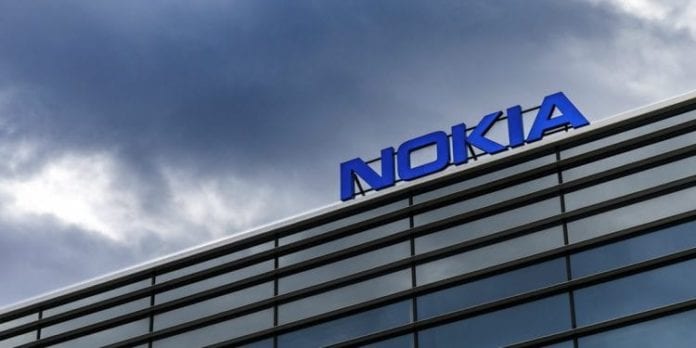German regulators prepping to allocate private 5G spectrum
Finnish vendor Nokia said it expects to provide 5G networks for small and medium-sized German companies following the opening of the application procedure for local firms intending to use 5G frequencies on industrial campuses, German newspaper Handelsblatt reported.
Nokia highlighted that it expects not only to offer its service for network planning, but also aims to operate the networks. “We can do that. We are already doing it for the network operators, we could take over the operation on a company campus,” Nokia’s manager Martin Beltrop was quoted as saying.
Nokia has already received inquiries for private 5G networks from around ten German companies, the executive said without providing further details about the interested firms.
According to the report, German carriers Deutsche Telekom, Vodafone and Telefonica had put pressure on vendors including Nokia, Ericsson and Huawei to avoid them approaching companies with offers to build local 5G networks. Telcos believe that they can lose lucrative business if these firms decide to deploy private 5G networks, according to the report.
Beltrop also highlighted that for Nokia, the cooperation with network operators is the preferred option as Nokia, alone, would not be able to supply thousands of small and middle-sized firms with 5G networks. He also said that Nokia also works with IT service providers to develop 5G solutions.
Last week, Germany’s Federal Ministry for Economic Affairs and Energy opened a process through which prívate companies will be able to apply for private 5G licenses.
The ministry announced enterprises could apply for private 5G licences from November 21. Frequencies are available in the 3.7GHz to 3.8GHz range and cover limited areas.
The ministry also highlighted that industrial users can use the potential and technical advantages of 5G without having to resort to public mobile networks.
In June, the German government announced the completion of the auction for 2 GHz and 3.6 GHz mobile spectrum after 52 days and 497 rounds of bidding.
The government confirmed it will raise a total of EUR 6.5 billion ($7.2 billion) for 420 megahertz of 5G spectrum.
The process will pave the way for the entrance of a fourth operator, 1&1 Drillisch, which spent a total of EUR 1.1 billion for 70 megahertz of 5G spectrum.
Deutsche Telekom committed to pay EUR 2.2 billion for 130 megahertz of spectrum in both 5G bands, while Vodafone will spend a total of EUR 1.9 billion to acquire 130 megahertz of 5G spectrum.
Meanwhile, Telefonica Deutschland committed to pay EUR 1.4 billion for a total of 90 megahertz of spectrum.

